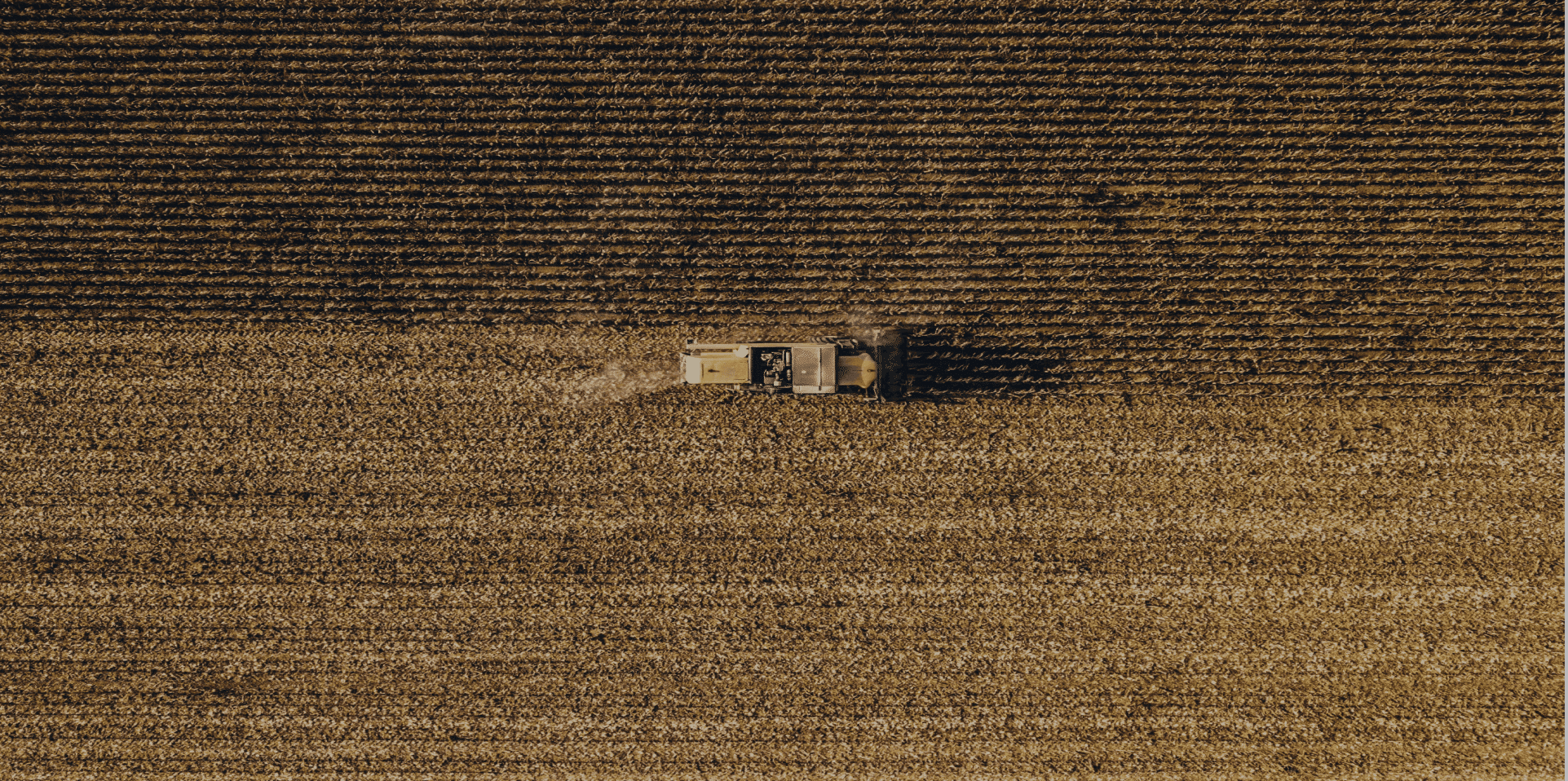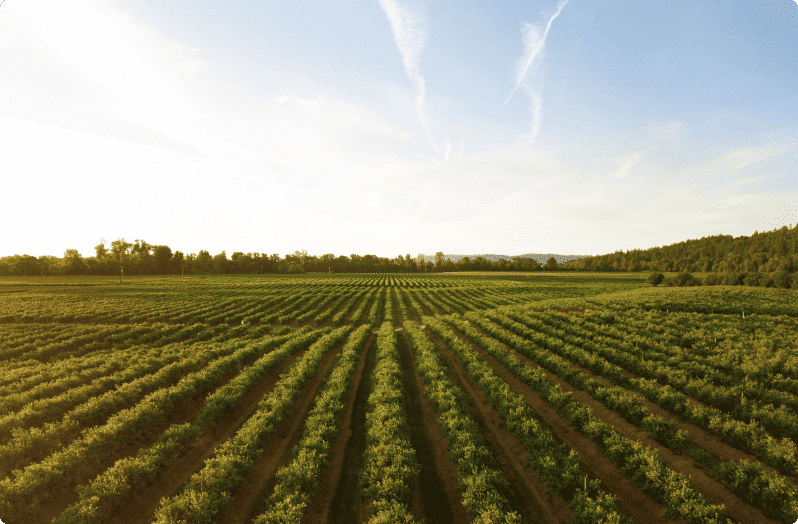
COP28: Food for thought

Prasad Gollakota
20 years: Capital markets & banking
As the world’s food and agriculture systems face numerous threats and challenges, leaders at COP28 declare a transformation is needed

Last week, on the second day of the COP28 summit in the United Arab Emirates (UAE), over 130 world leaders endorsed a food and agriculture declaration, entitled the COP28 UAE Declaration on Sustainable Agriculture, Resilient Food Systems, and Climate Action. The declaration seeks to ensure that countries include their food systems in strategies to address climate change.
The declaration states that, “any path to fully achieving the long-term goals of the Paris Agreement must include agriculture and food systems. We affirm that agriculture and food systems must urgently adapt and transform in order to respond to the imperatives of climate change.”
So, what does the future of food and agriculture look like and where are we today?
The demand challenge
How we approach food production and consumption around the world has never been more important than it is right now. According to the UN’s Food and Agriculture Organization (FAO), across the globe, we are wasting around a third of all the food we produce. This results not only in losses for farmers but creates unnecessary pressures on natural resources, not to mention the injustice of wasting food when there are populations globally that don’t have access to enough. Accordingly, a major change and improvement to the system is required.
In 2017, the FAO published a report titled, The Future of Food and Agriculture: Trends and Challenges, and highlighted the key trends and challenges that world leaders will need to consider within the food and agriculture spaces in the near future.
The report states that by the year 2050, a number of significant changes are expected to occur, which will have a serious impact on the planet and its resources.
The first of these changes is that the world’s population is set to grow from over 8 billion people to 9.7 billion people by 2050, causing a global increase in the demand for food. The spike will be most sharply seen in the number of 15 to 24 year olds living in Sub-Saharan Africa and South Asia. The report also states that two thirds of the world's population will live in urban areas.
This growth in population will cause a global increase in the demand for food, greater competition for natural resources, more intensive deforestation and more overall degradation of land – all factors that will make meeting food demand much more difficult.
In response to these challenges, the FAO suggests that we must first prioritise improving the productivity of the agriculture space in a sustainable manner. Another suggestion is to make changes that facilitate a more sustainable natural resource base as climate change is threatening our production of crops and livestock, the world’s fisheries, as well as fish populations themselves.

Tale of two scales
Despite certain strides, the FAO points out that there are still around 700 million people in rural areas globally who live in extreme poverty, approximately 800 million people are experiencing chronic hunger, while two billion live with micronutrient deficiencies.
On the other side of the coin, levels of those who are overweight or obese are actually increasing worldwide.
There is a clear disparity in food access and nutrition levels around the world, something which will need to be addressed in order to ensure a more sustainable future for the food and agriculture spaces.
Governments will have to focus on food insecurity, inequality, and extreme poverty as they consider ways to improve their food and agricultural systems, and find ways to ensure there is less waste and increased access to food for populations in need.
According to the FAO, making global food systems more efficient, more resilient, and, crucially, more inclusive of all the world’s people will be essential in addressing inequality and fostering sustainability.
Another important factor governments that have signed the COP28 declaration will need to consider is distress migration.
The lack of income-earning opportunities in rural parts of the world, along with globalisation, population increase, and more generally climate change, will accelerate distress migration which will put a further strain on the state of worldwide food and agriculture systems.
The FAO advises these issues should be addressed at the root.
The unexpected threats
Similarly, there are approximately half a billion people in more than 20 countries for whom protracted crises are a serious threat.
This term describes situations, caused by events such as natural disasters, food shortages, and conflict, in which a significant portion of a population becomes at risk of losing their livelihood, contracting disease, or even death. In these situations, a country’s own government is often unable to help their people and they become reliant upon humanitarian aid coming from other nations.
Additionally, natural disasters whereby various pests and diseases attack plants and animals on which we are reliant for food production, pose an additional threat. Something we are now seeing grow at a dramatic rate are outbreaks of transboundary pests and diseases, that is, those which migrate from one area to another.
Governments and world leaders will have to focus on ways to prevent and mitigate these outbreaks, as transboundary threats can result in the loss of crops, reduced trade between countries, and significantly reduced food security.
A welcome initiative
Ensuring that the future of food and agriculture around the world is as appropriate, sustainable, and fair as it can be is no small task. However, it must begin with cooperation.
As we have seen at COP28, with greater cooperation comes a greater chance at improving the world’s food systems and ensuring we are ready to meet 2050.
The FAO sums up the food and agriculture situation by reiterating that addressing the need for coherent and effective governance, at national and international levels, is essential for progress.
Making this a major focus of improving the quality of food and agriculture systems around the world will represent a real commitment to ensuring that the sustainable future of these areas can be properly delivered.

Prasad Gollakota
Share "COP28: Food for thought" on





















